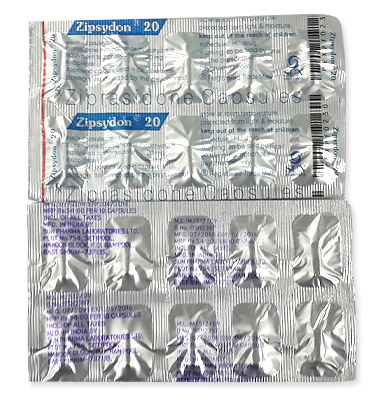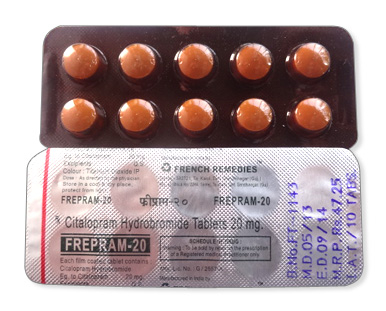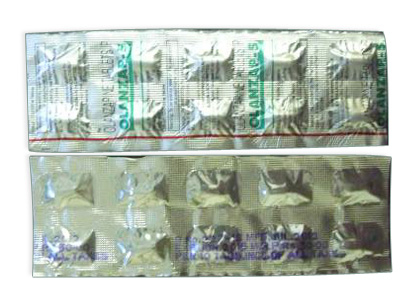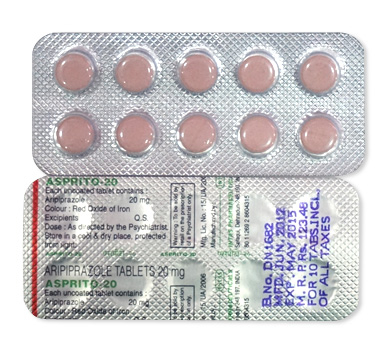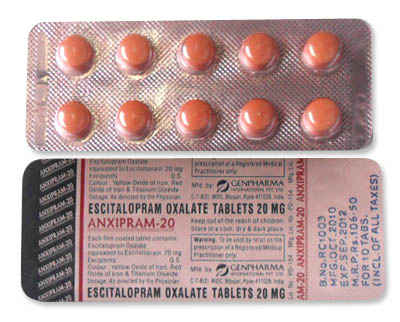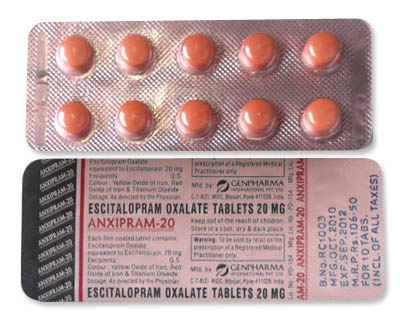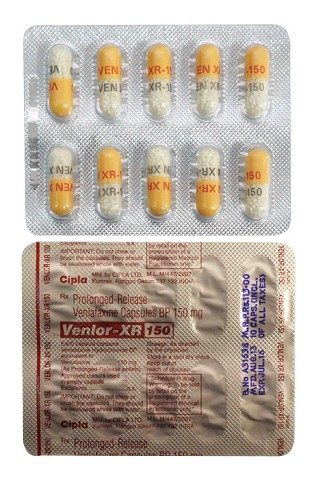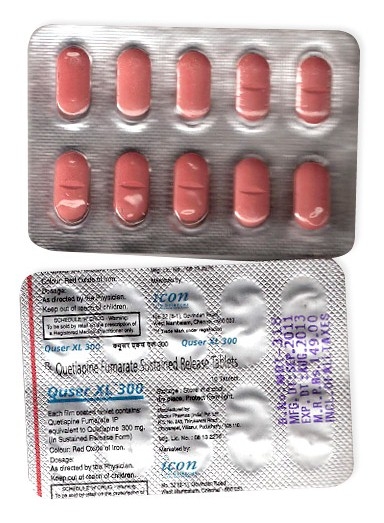Risperdal
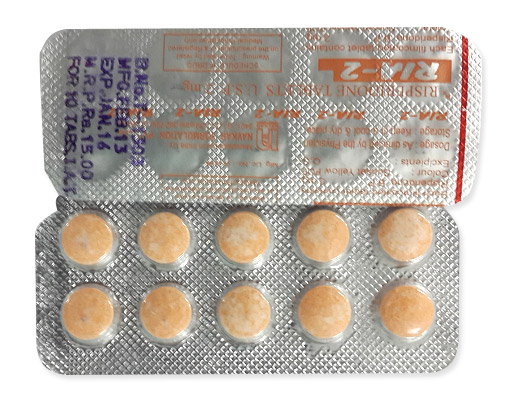
Risperdal
- In our pharmacy, you can purchase Risperdallefonware wnerv with a valid prescription (as it’s prescription-only in all jurisdictions), available for global delivery. Discreet packaging ensures confidentiality.
- Risperdal treats schizophrenia, bipolar mania, and autism-related irritability. It works by blocking serotonin (5-HT2A) and dopamine (D2) receptors in the brain, reducing psychotic symptoms.
- The usual dose ranges from 0.25 mg/day for pediatric autism to 4–8 mg/day for adult schizophrenia or bipolar mania, adjusted based on age, condition, and tolerance.
- It is administered orally (tablets, disintegrating tablets, solution) or by injection (long-acting formulation administered biweekly).
- Onset of action varies: oral forms may show initial effects within hours, but therapeutic benefits for psychiatric conditions often take several days to weeks. Injectable forms start working within 3–4 weeks after injection.
- Duration is nightly for oral forms; injectable versions (Risperdal Consta) maintain effects for ~2 weeks per dose. Long-term therapy is common for schizophrenia.
- Avoid alcohol consumption due to the risk of severe sedation, dizziness, and central nervous system depression.
- Most common side effects include drowsiness, weight gain, dizziness, tremors, and orthostatic hypotension.
- Would you like to try Risperdal without a prescription today?
Basic Risperdal Information
| Category | Details |
|---|---|
| Generic Name | Risperidone (INN) |
| Brand Names in Australia | Risperdal, Risperidone Sandoz, Terry White Chemists generic |
| ATC Code | N05AX08 |
| Available Forms | Tablets (0.25mg, 0.5mg, 1mg, 2mg, 3mg, 4mg), Oral solution (1mg/mL), Orally disintegrating tablets (ODTs), Long-acting injectable (Risperdal Consta®) |
| Manufacturers | Janssen-Cilag Australia, Terapia (Romania), Torrent (India) |
| Classification | Prescription-only (Schedule 4) |
| Registry Status | TGA-approved, active on ARTG |
Risperdal contains the active ingredient risperidone, an antipsychotic medication approved by Australia's Therapeutic Goods Administration. Available through both brand-name and generic versions, it comes in multiple formulations for different treatment needs. The long-acting Risperdal Consta injection requires healthcare professional administration every two weeks, providing steady medication levels. All forms require proper storage below 30°C to maintain effectiveness.
Understanding How Risperidone Works in Your Body
Risperidone operates by moderating brain chemistry through dopamine and serotonin pathways. It specifically targets D2 dopamine receptors and 5-HT2A serotonin receptors, helping restore balance in neurotransmitters associated with psychosis symptoms. Oral forms begin working within about an hour, with peak concentrations occurring within 1-2 hours after dosing.
The medication processes primarily through your liver before elimination via kidneys. Expect variations in effectiveness if you have hepatic impairment or renal conditions requiring dose adjustments. Significant interactions can occur with:
- CNS depressants including alcohol and benzodiazepines
- SSRI antidepressants potentially increasing serotonin syndrome risk
- Parkinson's medications affecting dopamine activity
For those using Risperdal Consta injections, steady therapeutic concentrations typically establish over 3-5 weeks with consistent monthly dosing.
Approved Uses of Risperdal in Australia
The TGA has approved Risperdal for three primary conditions in Australia. For adults aged 18-plus, it treats schizophrenia symptoms including hallucinations and disordered thinking. It's also prescribed for bipolar disorder during acute manic phases. Additionally, it's authorized for managing irritability associated with autism spectrum disorder in children aged 5-16 years.
Some healthcare providers may prescribe risperidone off-label for obsessive-compulsive disorder or severe anxiety with psychotic features. However, dementia-related psychosis remains strictly contraindicated following TGA safety alerts about increased stroke risk and mortality in elderly patients. Special population considerations:
During pregnancy (Category C), clinicians weigh potential benefits against fetal risks only when safer alternatives aren't suitable. Paediatric autism treatment begins conservatively at 0.25mg/day. Elderly patients typically start at lower doses due to heightened sensitivity and fall risks.
Dosage Guidelines and Administration Methods
| Condition | Starting Dose | Therapeutic Range | Maximum Daily |
|---|---|---|---|
| Schizophrenia (Adults) | 2 mg/day | 4-8 mg/day | 16 mg |
| Bipolar Mania | 2-3 mg/day | Titration based on response | 6 mg |
| Autism Irritability (Paediatrics) | 0.25 mg/day | 0.5-3 mg/day | 3 mg |
Standard administration involves swallowing tablets whole or allowing orally disintegrating tablets to dissolve in your mouth without chewing. Maintain consistent timing of doses regardless of meals unless otherwise directed. Dose adjustments become essential for renal impairment (reduce starting dose to 0.5mg twice daily) and hepatic conditions requiring medical oversight.
For missed doses, take the medication promptly if within approximately 12 hours of scheduled time. Skip the dose if closer to your next scheduled administration and never double doses. Suspected overdose requires immediate medical attention due to risks including severe sedation, respiratory issues, and potential cardiovascular impacts. Consult your pharmacist about individualised administration techniques if swallowing difficulties arise.
Important Safety Information and Warnings for Risperdal
Risperdal carries serious safety considerations requiring careful management. A Black Box Warning highlights significantly increased risks of death and stroke in elderly patients with dementia-related psychosis. Australian authorities strictly contraindicate Risperdal for treating dementia-related behavioural disturbances due to this elevated fatality risk.
Absolute contraindications include known hypersensitivity to risperidone or any component, and concurrent use with medications like levodopa or other high-dose antipsychotics due to potential dangerous interactions.
Commonly experienced side effects often influence daily life and adherence. These include noticeable weight gain associated with increased HbA1c levels (a marker of blood sugar control), sedation impacting alertness, and orthostatic hypotension (dizziness upon standing). Persistent metabolic changes necessitate regular monitoring of weight, blood glucose, and lipid levels.
Severe, though less frequent, risks demand vigilance. Tardive dyskinesia involves potentially irreversible, involuntary muscle movements, often appearing with long-term use. Neuroleptic Malignant Syndrome (NMS) is a rare but critical emergency featuring fever, muscle rigidity, and changing mental status, requiring immediate cessation and urgent care. Hyperglycemia or new-onset diabetes also warrants proactive screening. Never stop Risperdal abruptly; tapering under medical supervision is essential.
Patient Perspectives on Using Risperdal
Feedback from Australians using Risperdal reveals varied experiences reflecting its efficacy and side effect profile. Approximately 70% of users report substantial benefits, particularly concerning reductions in hallucinations, aggression, and severe irritability linked to conditions like schizophrenia and autism spectrum disorder, based on aggregated reports from platforms like Drugs.com and patient forums.
Despite effectiveness, adherence challenges are prevalent. Many patients discontinue treatment over time, primarily due to bothersome side effects. Weight gain emerges as a dominant concern, with reports indicating an average increase of 3-5kg per year. Significant daytime sedation also commonly affects daily routines and persistence with treatment. Younger patients generally demonstrate better overall tolerance.
Personal experiences capture the balancing act, as noted by a caregiver contributing to Patient Support Groups Australia: *"Risperdal helped manage my son's meltdowns significantly, but we had to carefully address the increased appetite surge. Working with a paediatrician and nutritionist became essential."*.
Comparing Risperdal with Other Antipsychotic Medicines
| Medication | Monthly Cost Range (AUD) | Effectiveness Compared to Risperdal | Key Differences |
|---|---|---|---|
| Aripiprazole | $35 - $45 | Comparable for Schizophrenia | Lower risk of weight gain; Higher risk of akathisia (restlessness) |
| Quetiapine | $15 - $25 | Similar to lower; More Sedating | Often preferred for sleep issues in elderly, bipolar depression |
| Olanzapine | $20 - $30 | Comparable | Higher incidence of significant weight gain and type 2 diabetes |
General practitioner and psychiatrist preferences, per RACGP 2022 insights, show Risperidone remains a leading choice for treating irritability in autism spectrum disorder. Quetiapine is frequently preferred for managing insomnia or agitation in older adults due to its sedative effect. Importantly, Risperdal is listed on the Pharmaceutical Benefits Scheme (PBS). For eligible patients, this reduces the cost significantly, typically to $31.60 per script or $6.60 for concession card holders.
Risperdal Availability and Cost in Australia
Risperdal and its generic equivalents (risperidone) are readily accessible across Australia. They are standard stock items at major pharmacy chains like Chemist Warehouse and Terry White Chemists. Generics account for most dispensed scripts.
The medication costs vary based on brand and formulation. Generic risperidone tablets present the most cost-effective option, typically ranging from $15 to $30 monthly. Premium pricing applies to the original Risperdal® brand, costing upwards of $50 monthly. Note: The Risperdal Consta® injectable formulation faces a prolonged Therapeutic Goods Administration (TGA) shortage within Australia, severely limiting availability.
Common packaging includes bottles containing 100 tablets or blister strips. Store tablets below 30°C. Oral dispersible tablets readily dissolve on the tongue and should be kept dry. Demand remains steady for core indications (schizophrenia, bipolar disorder, autism-related irritability), with an observed rise in prescriptions initiated via telehealth consultations.
Ongoing Research and Emerging Applications
Recent clinical studies continue to demonstrate risperidone's therapeutic value across multiple conditions. A 2023 meta-analysis published in PubMed confirmed superior efficacy in managing autism-related irritability compared to placebo. Long-term schizophrenia treatment data shows sustained cognitive benefits when maintaining therapeutic dosing ranges. Phase III trials underway across Australian research institutions are investigating risperidone for reducing hostility in borderline personality disorder.
Pharmaceutical Landscape and Clinical Guidelines
Since the original Risperdal patent expired in 2008, Australia has seen 8+ generic manufacturers enter the market with competitive formulations. Pharmaceutical development now focuses on improved depot injections for enhanced adherence. The Royal Australian and New Zealand College of Psychiatrists' 2024 guidelines mandate quarterly metabolic monitoring including weight, blood glucose and lipid profiles during treatment.
Medication Handling Protocols
- Administration: Swallow conventional tablets whole with water. Orally disintegrating tablets (ODTs) must dissolve on the tongue without splitting or chewing
- Consistency: Maintain regular dosing schedules either with or without food to stabilize plasma concentrations
- Restrictions: Avoid alcohol completely due to dangerous sedative amplification. Grapefruit products disrupt metabolic pathways
- Storage: Keep sealed packaging below 30°C. Refrigerate opened oral solution bottles immediately
- Critical errors: Never cut scored ODTs. Abrupt discontinuation triggers withdrawal psychosis requiring gradual tapering
Patient Concerns Addressed
| Common Questions | Professional Guidance |
|---|---|
| Alcohol consumption | Strictly prohibited due to heightened sedation effects |
| Pregnancy considerations | Category C - use only if benefits outweigh fetal risks |
| Optimal dosing schedule | Schedule evening doses to mitigate daytime drowsiness |
| Fertility impacts | Hyperprolactinemia potentially causes infertility; requires prolactin monitoring |
| Dementia-related agitation | Contraindicated due to elevated mortality and stroke risks |
| Missed dose management | Skip dose if within 6 hours of next scheduled; never duplicate doses |

